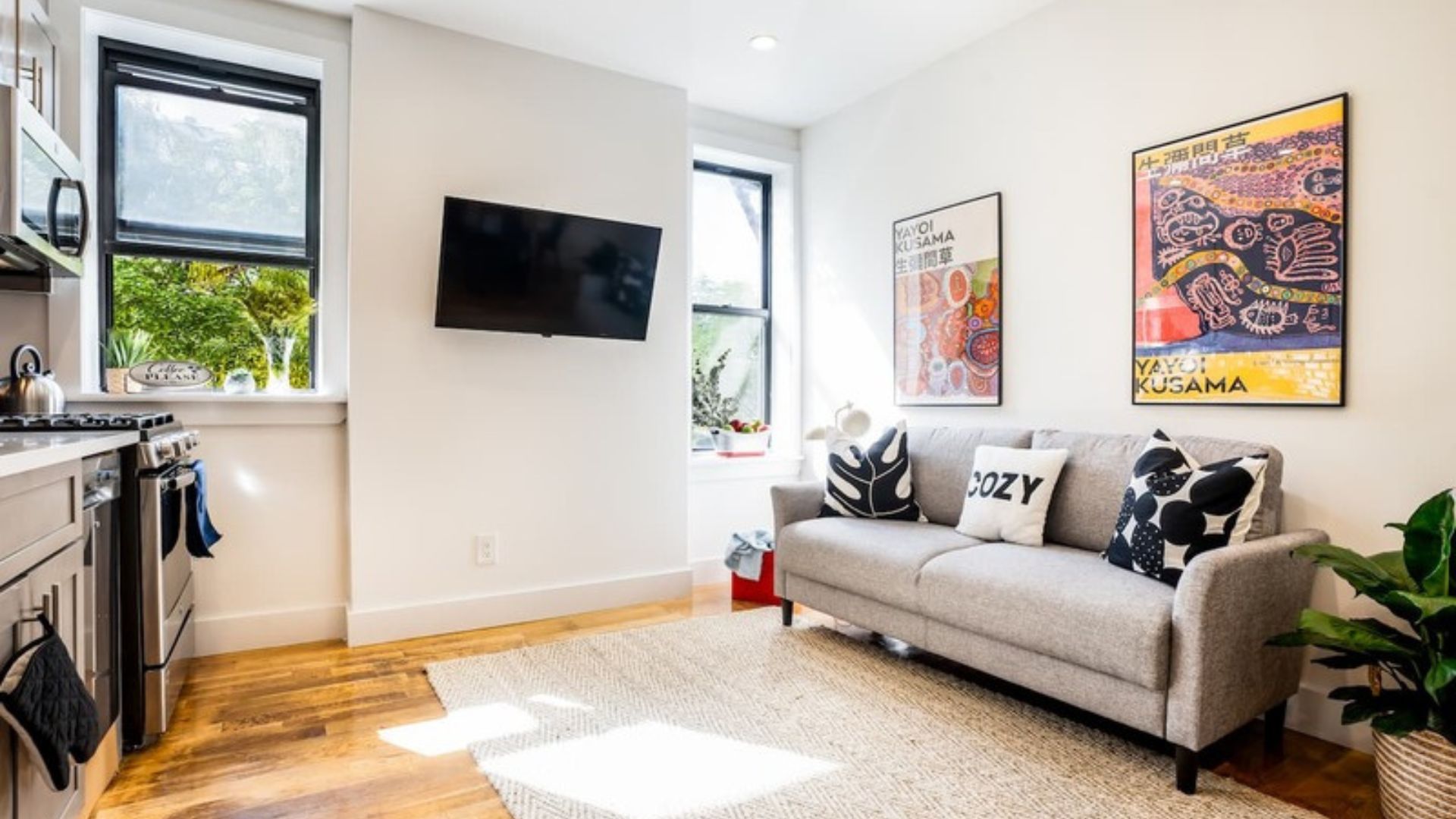Are you renting an apartment and struggling to manage your finances effectively? You’re not alone. Many renters find it challenging to stick to a budget while covering all their living expenses. However, with the right knowledge and strategies, you can take control of your apartment budget and achieve financial stability. This guide empowers you to create a realistic and manageable apartment budget, ensuring financial security and a smooth transition into your new space.

Understanding Your Apartment Budget
Before diving into specific budgeting techniques, let’s first understand what constitutes your apartment budget. Your apartment budget includes all the expenses associated with renting and living in your apartment, such as rent, utilities, groceries, transportation, and entertainment.
Rent
Your rent payment is typically the most significant expense in your apartment budget. It’s crucial to allocate a reasonable portion of your income towards rent to ensure you can afford other essential expenses.
Utilities
Utilities, including electricity, water, gas, and internet, are essential for maintaining a comfortable living environment. Be sure to budget for these expenses and explore ways to minimize usage to save money.
Groceries
Food costs can quickly add up, especially if you’re dining out frequently. Create a grocery budget and plan your meals to avoid overspending on food.
Transportation
Whether you own a car or rely on public transportation, transportation costs should be factored into your apartment budget. Consider carpooling, biking, or using public transit to save money on transportation expenses.
Entertainment
While entertainment expenses may seem discretionary, it’s essential to budget for leisure activities to maintain a healthy work-life balance. Set aside a portion of your budget for activities such as dining out, going to movies, or attending events.
Tips for Managing Your Apartment Budget
Now that you have a clear understanding of the components of your apartment budget, let’s explore some expert tips for effectively managing your finances:
Create a Budget
Start by creating a monthly budget that outlines your income and expenses. Use budgeting tools or apps to track your spending and identify areas where you can cut back.
Prioritize Expenses
Determine which expenses are essential (e.g., rent, utilities, groceries) and prioritize them in your budget. Allocate funds for these expenses before considering discretionary spending.
Negotiate Rent
If possible, try negotiating your rent with your landlord or property manager. Research rental prices in your area and leverage this information to request a lower rent rate.
Save on Utilities
Implement energy-saving practices to reduce your utility bills. This includes turning off lights and appliances when not in use, using energy-efficient light bulbs, and adjusting your thermostat settings.
Meal Planning
Plan your meals and create a grocery list to avoid impulse purchases at the store. Look for sales and discounts to save money on groceries without sacrificing nutrition.
Use Public Transportation
Consider using public transportation or carpooling to save money on transportation costs. Additionally, explore alternative modes of transportation such as biking or walking for short trips.
Entertainment Alternatives
Look for free or low-cost entertainment options in your area, such as community events, outdoor activities, or streaming services with affordable subscription plans.
Beyond the Basics: Additional Costs to Consider
Transportation
This includes costs associated with your car, public transportation passes, or ride-sharing services.
Furniture and Appliances
Furnishing a new apartment can add up quickly. Factor in the cost of essential furniture, appliances, and any home decor you desire.
Personal Care
Furthermore, this includes toiletries, medications, haircuts, and other personal hygiene items.
Entertainment
Everyone needs some fun! Budget for movies, hobbies, nights out with friends, or subscriptions to streaming services.
Savings
Additionally, it’s crucial to develop a savings habit early on. Set aside a portion of your income for emergencies or future goals.
Conclusion
In conclusion, managing your apartment budget effectively requires careful planning, discipline, and prioritization. By understanding your expenses, creating a budget, and implementing money-saving strategies, you can achieve financial stability while renting. Additionally, remember to regularly review and adjust your budget as needed to ensure you stay on track towards your financial goals. Mastering your apartment budget is within reach with the right knowledge and mindset. Moreover, by taking control of your finances, you can enjoy a fulfilling and stress-free renting experience while working towards your long-term financial aspirations.
